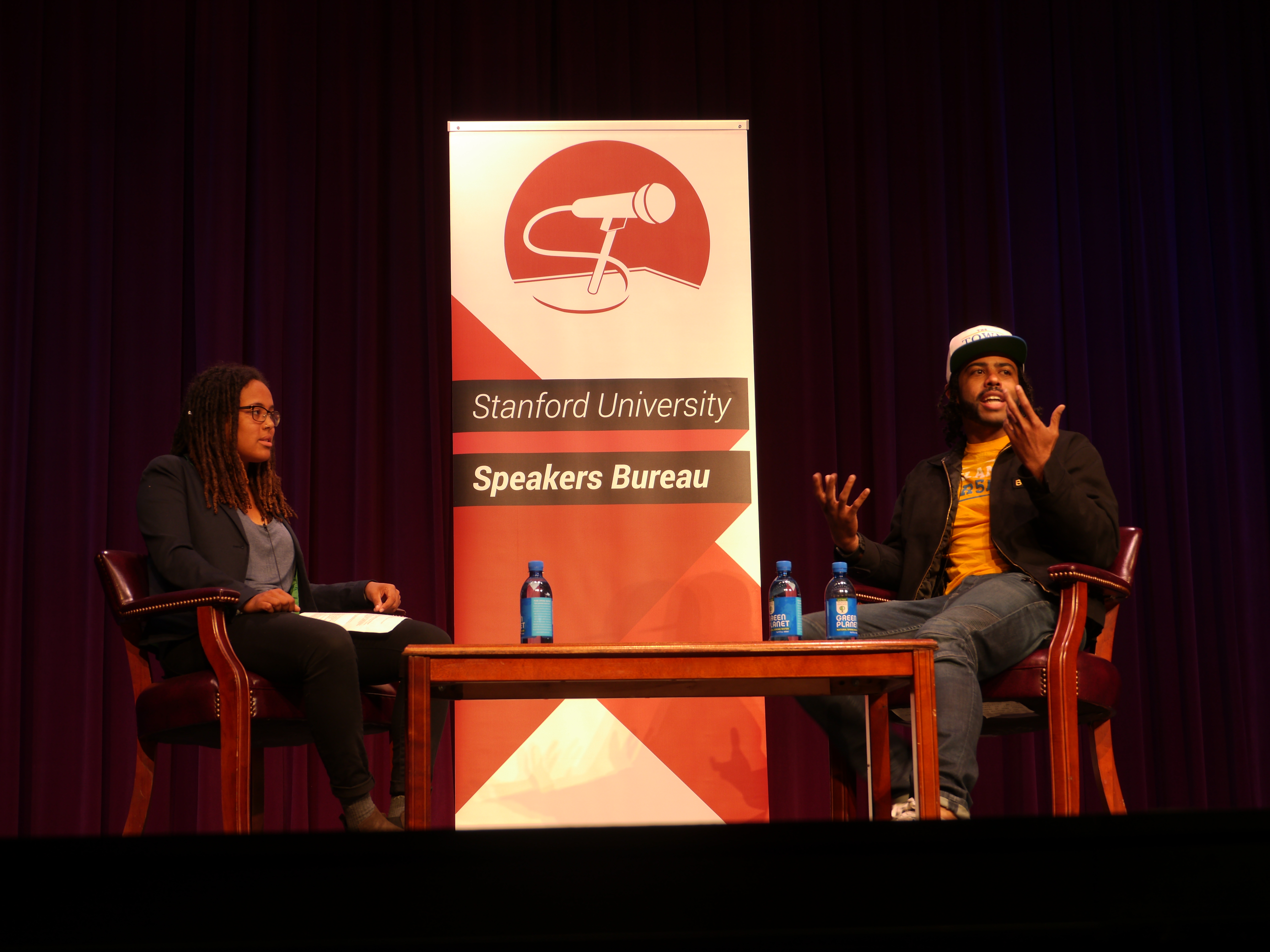The Associated Students of Stanford University reduced annual grant funding for Voluntary Student Organizations by 50% for the fall quarter, according to a memo published on Sept. 2.
The cuts come after the ASSU reduced the Undergraduate Student Activities fee from $174 to $100, an approximately 40% decrease. The fee, charged to all undergraduate students, funds ASSU annual grants for the 650 VSOs registered with the Office of Student Engagement.
Stanford Speakers Bureau, one VSO impacted by the cuts, says their programming will look a little different during virtual fall quarter. Prior to the COVID-19 pandemic, the SSB used its funding to bring famous guest lecturers to campus, from Ban-Ki Moon to Jennifer Lopez.
According to president Cale Correos ’22, SSB will still host lecturers, but the events will take place virtually and guests will not be as high-profile as they have been in the past.
Before the announcement of budget cuts, SSB had a budget of $182,380 for this fiscal year. Correos said that 85% to 90% of the VSO’s budget is spent on “honoraria,” or payments to the guest speakers for coming to campus and compensation for their travel expenses.
Correos said that though SSB will only be somewhat affected by the budget cuts this year due to the downsizing of the events and the group’s large budgetary reserves from previous years, he is still concerned for the group’s future.
“If the 50% budget cuts remain the same in future quarters, we won’t be able to continue paying speakers to come to campus,” Correos said.
ASSU Undergraduate Appropriations Chair Lenny DeFoe ’21 told The Daily that the grant reductions were made in part due to the number of students taking flex quarters or leaves of absence.
“ASSU cannot charge the student activities fee during the flex quarter, so we had less revenue to fund the annual grants,” he said.
DeFoe cited the nature of the remote fall quarter as a reason for the student activities fee cut.
“We simply could not justify charging students the full fee in a virtual setting,” he said. “The risk of students waiving the fee would be too high. And then, you know, the argument is that [students] aren’t really getting what they paid for, when in-person engagements and activities are restricted.”
Despite the grant reductions this quarter, clubs will have more flexibility in how they allocate their funding, according to DeFoe. VSO budgets are traditionally earmarked for certain expenses and organized into different accounts.
“VSO leaders know best when it comes to their spending,” DeFoe said. “So for accounts that wouldn’t be relevant for this quarter, like travel, leaders would be able to reallocate and transfer their money into different accounts.”
Another VSO impacted by the new policy is the Spoken Word Collective, a poetry writing and performance group that hosts open mics, writing workshops and quarterly poetry showcases to promote spoken word poetry at Stanford.
According to Spoken Word Collective financial officer Ayush Pandit ’22, the organization expected an original annual grant allotment of $9,000. That number has been reduced to $4,500. The vast majority of their funding is allotted for a poetry slam competition and the rest for equipment and food.
Pandit said that the nature of their programming will evolve throughout fall quarter.
“Due to the virtual nature of fall quarter and the associated challenges, we will be cutting back on our programming and trying to transition to virtual operations,” Pandit said. “We are an audition-based group, so the biggest change we’re seeing right away is that we’re having to redesign and rethink the audition process.”
Despite the annual grant cuts, Pandit is optimistic about the future.
“This year is going to be turbulent and difficult to navigate in many ways, especially trying to navigate translating what we do to a digital medium, but I’m hopeful that we’re going to be able to get through this.”
Contact Robert Castaneros at rcastane ‘at’ stanford.edu.
